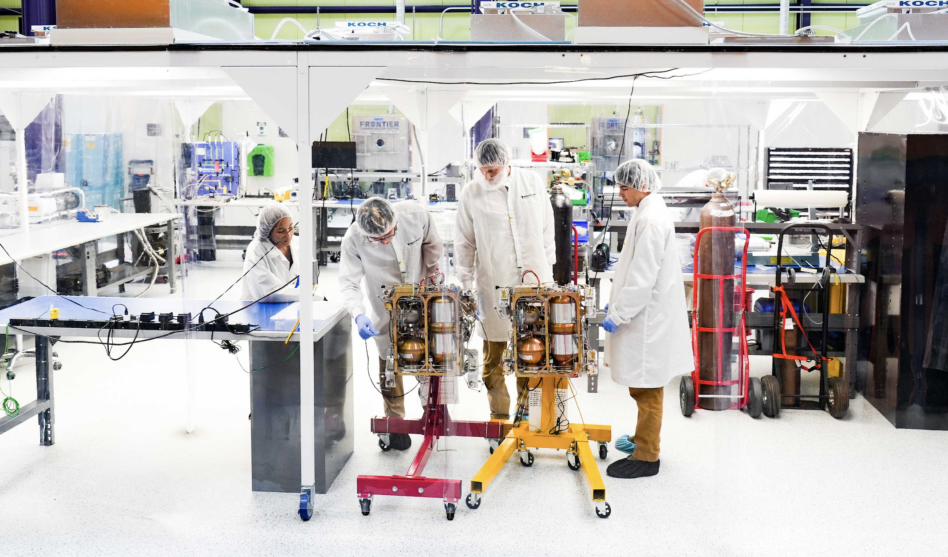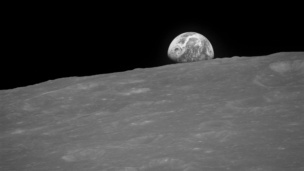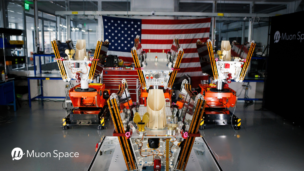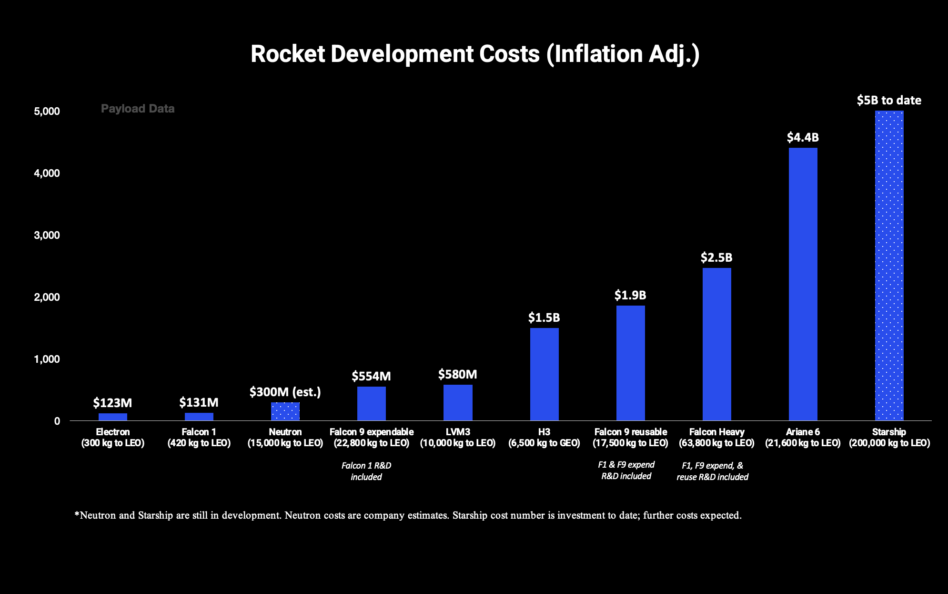Benchmark Space Systems, the VT-based space mobility company, added Starlight’s Hall-effect thrusters (HET) and 21SoftWare’s security platform to its partner network, the company announced this week.
While Benchmark has built a long list of proprietary systems in-house to support on-orbit mobility, they also work with partners.
“If you come to us as a trusted mobility partner and we don’t have the right tool in the toolbox, I’m not going to hammer your nail in with a set of pliers,” Benchmark CCO Chris Carella told Payload. “I’m going to go get a hammer that you need and then work that into the solution.”
The kids in the Hall effect: Starlight, founded in 2022, has built a Hall-effect thruster that utilizes zinc propellant. Now, Benchmark can offer customers two different propulsion systems on the same spacecraft: an HET and a chemical propulsion thruster.
The result is a satellite bus that has two engines, each optimized for different on-orbit maneuvers.
- The HET uses less fuel to reach and keep orbit, as well as nominal operations like station-keeping.
- The chemical propulsion system can be used for collision-avoidance maneuvers.
With both systems on board, Benchmark expects that their spacecraft will see a 15-25% increase in mission lifetime. Starlight has yet to achieve flight heritage, but they have sold four HET and expect to launch their first by the end of next year.
21 Jump Street: 21SoftWare, a spinoff of TriSept, is focused on the security of satellites on orbit. Many satellites on orbit don’t have any cyber security protections, and those that do, typically implement security as an afterthought, 21SoftWare CEO Rob Spicer said.
Small satellites only have so much CPU power, and many companies use all the available computing power to drive their payload mission. 21SoftWare flips this practice on its head with The Security Enhanced Layer (TSEL) product.
“What if we secured an operating system to begin with, and then let the guys that are building the birds just lay their software on top?” Spicer told Payload.
Correction: This story was updated to more accurately reflect the propulsion systems onboard Benchmark’s spacecraft from gas propulsion to chemical propulsion and corrected Chris Carella’s title from COO to CCO.





